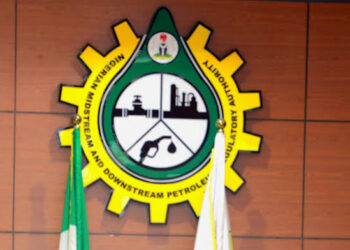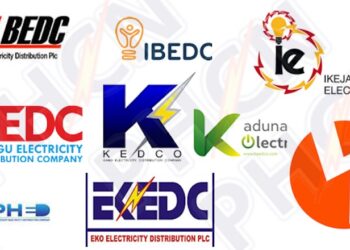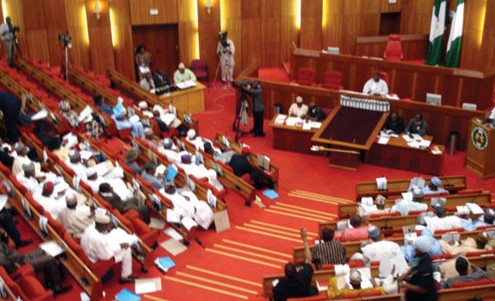The Federal Government has given approval for marketers to begin the lifting of premium motor spirit commonly known as fuel from the Dangote Refinery without going through the Nigerian National Petroluem Company Limited (NNPCL).
According to a Friday statement by the Minister of Finance and the Coordinating Minister of the Economy, Wale Edun, the move followed a directive from the Federal Executive Council (FEC) and the implementation of the new naira-based sales mechanism.
“New Direct Purchase Model: The most significant change under the new regime is that petroleum product marketers can now purchase PMS directly from local refineries,” the minister who chairs the Implementation Committee on the Sales of Crude Oil and Refined Products in Naira said.
“This marks a departure from the previous arrangement where the Nigerian National Petroleum Corporation (NNPCL) served as the sole purchaser and distributor of PMS from the refineries.”
‘Smoother Supply Chain’
With the move, marketers can now negotiate commercial terms directly with the refineries which the minister said will help in “fostering a more competitive market environment and enabling a smoother supply chain for petroleum products”.
The minister said in the committee’s meeting on October 10, it also agreed that the commencement of local production of PMS will be a game changer for the industry.
“This transition is expected to enhance efficiency in product availability and stabilize market conditions for the benefit of all Nigerians,” Edun said.
He assured the committee is ready to provide clarity regarding changes in the market.
“We are committed to providing clarity on this development and will continue to engage with stakeholders to ensure a seamless transition process,” he assured.
ALSO READ:
NNPCL Owe Us
The development is seen as a boost to petroleum marketers across the country who have repeatedly asked that they be allowed to lift the product from the Dangote Refinery located in Lagos.
On Thursday, the Independent Petroleum Marketers Association of Nigeria (IPMAN) said the Nigerian National Petroleum Company Limited (NNPCL) owes it “almost N15 billion” and has failed to supply products to its members.
“Roughly now, they are owing us almost getting to N15bn,” IPMAN’s National President Abubakar Garima said on Channels Television’s Sunrise Daily.
“Our money has been with the NNPCL for almost three months now. Either they sell for us at the same rate they are getting the product from Dangote Refinery or refund us so we can buy directly from Dangote Refinery,” Garima said.
The allegation came in the wake of NNPCL’s most recent adjustment of the petrol pump price in its retail outlets in Lagos and Abuja.
FEDERAL MINISTRY OF FINANCE ABUJA
PRESS STATEMENT
UPDATE ON DIRECT PURCHASE OF PMS BY PETROLEUM PRODUCT MARKETERS
Following the directive of the Federal Executive Council (FEC) and the implementation of the new Naira-based sales mechanism, the Implementation Committee on the Sales of Crude Oil and Refined Products in Naira, chaired by the Honourable Minister of Finance and Coordinating Minister of the Economy, Mr Wale Edun. held its second review meeting on Wednesday October 10, 2024.
The meeting focused on assessing the transition towards a deregulated market structure for Premium Motor Spirit (PMS) and addressing the change in the purchasing model for petroleum product marketers.
Key Update:
New Direct Purchase Model: The most significant change under the new regime is that petroleum product marketers can now purchase PMS directly from local refineries. This marks a departure from the previous arrangement where the Nigerian National Petroleum Corporation (NNPCL) served as the sole purchaser and distributor of PMS from the refineries.
This direct purchasing mechanism allows marketers to negotiate commercial terms directly with the refineries, fostering a more competitive market environment and enabling a smoother supply chain for petroleum products.
Local Production of PMS:
With the commencement of local PMS production, the market is better equipped to support these direct transactions. This transition is expected to enhance efficiency in product availability and stabilize market conditions for the benefit of all Nigerians.
The Committee recognizes that there are questions and discussions regarding this change in the market structure. We are committed to providing clarity on this development and will continue to engage with stakeholders to ensure a seamless transition process.
Wale Edun, OFR
Chairman, Implementation Committee
Honourable Minister of Finance & Coordinating Minister of the Economy













